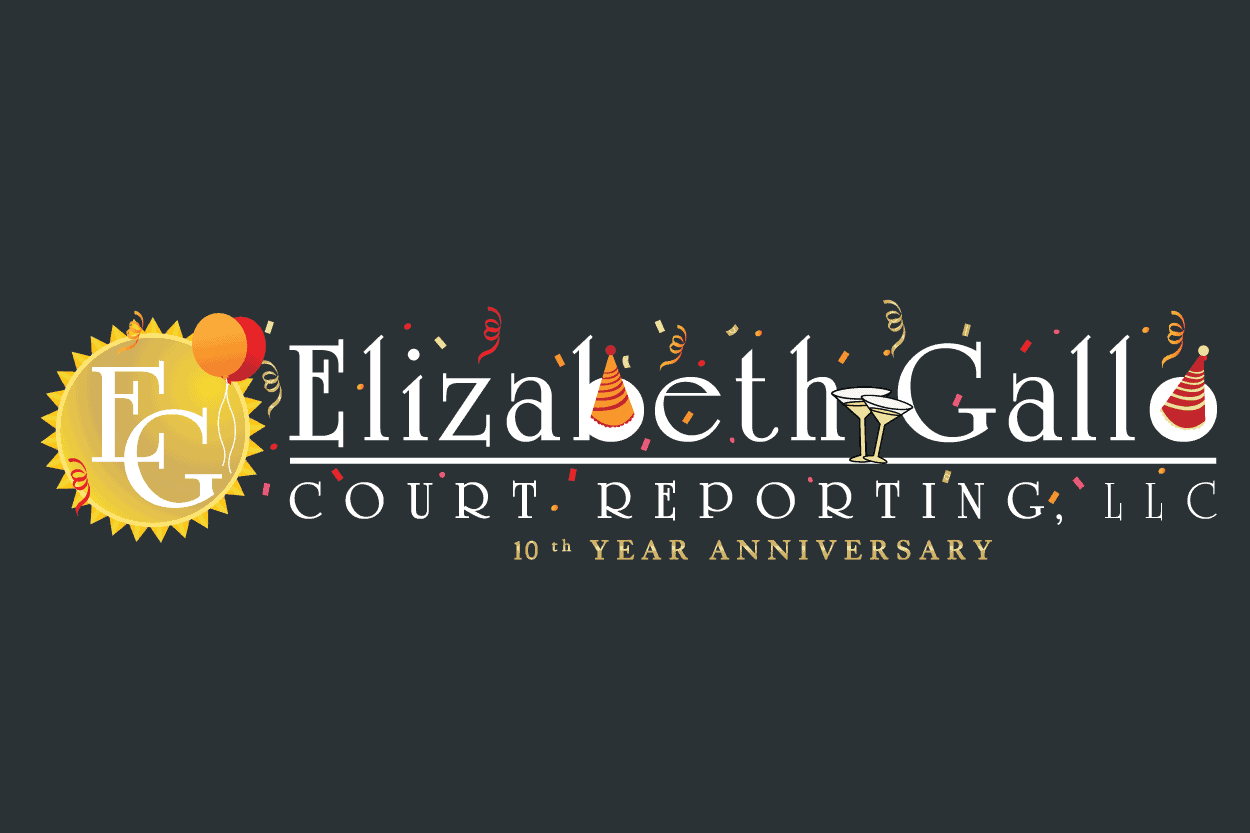Legal Issue: When Hard Work is Not Rewarded
Can an attorney work too hard and too long on a case? According to a lawsuit on the issue, the answer depends on who is footing the bill, apparently. The New York Times published an article earlier this year about a Galveston, Texas attorney who got the short end of the stick when it came to being paid for the time he put into his cases. According to the article, the court-appointed lawyer, Drew Willey, was told by a judge that he was the only defense lawyer who requested paid investigators and also spent too many hours on each case. The judge removed the attorney from some of his cases and went so far as to slash the lawyers’ fees in half, although another judge approved the full amount on appeal.
Unjust Legal System?
It is estimated that four out of every five criminal defendants in America use court-appointed lawyers or public defenders. That being said, the nation’s criminal justice system has been criticized as inadequate, leading to false guilty pleas and over-incarceration. It is not uncommon for lawyers who represent poor clients to have to juggle hundreds of cases at once. They also accept pay at a much lower amount than fair market rates. Sometimes, they take on cases where they have little-to-no experience in the area.
A study of more than 3,000 Philadelphia murder cases conducted by the RAND Corporation in 2011 found that clients had far better results when they were represented by an attorney from an independent public defender organization as opposed to one appointed by a judge. The numbers showed that:
- The conviction rate was 19% lower;
- The chances of a life sentence was 62% lower; and
- The expected sentence length was 24% shorter.
It seems that there is incentive on both sides – the judge appointing the counsel and the court-appointed attorney – to move cases along quickly. Judges can chose to appoint counsel who file fewer pretrial motions, present fewer witnesses, raise fewer objections in court, and ask fewer questions during voire dire. The lawyers, on the other hand, may fear that they displease the judge or will be penalized if they push their cases too hard.
Long-Standing Problem
The New York Times article further mentioned that the experience Galveston-based Willey was not unique. In fact, the not-for-profit legal organization that is representing Willey, Washington, D.C. based Civil Rights Corp., noted that this lawsuit would be the first in a series. According to Civil Rights Corp. the lawsuit was filed, in part, to reveal this unfotunate phenomenon that exists throughout our legal system.







